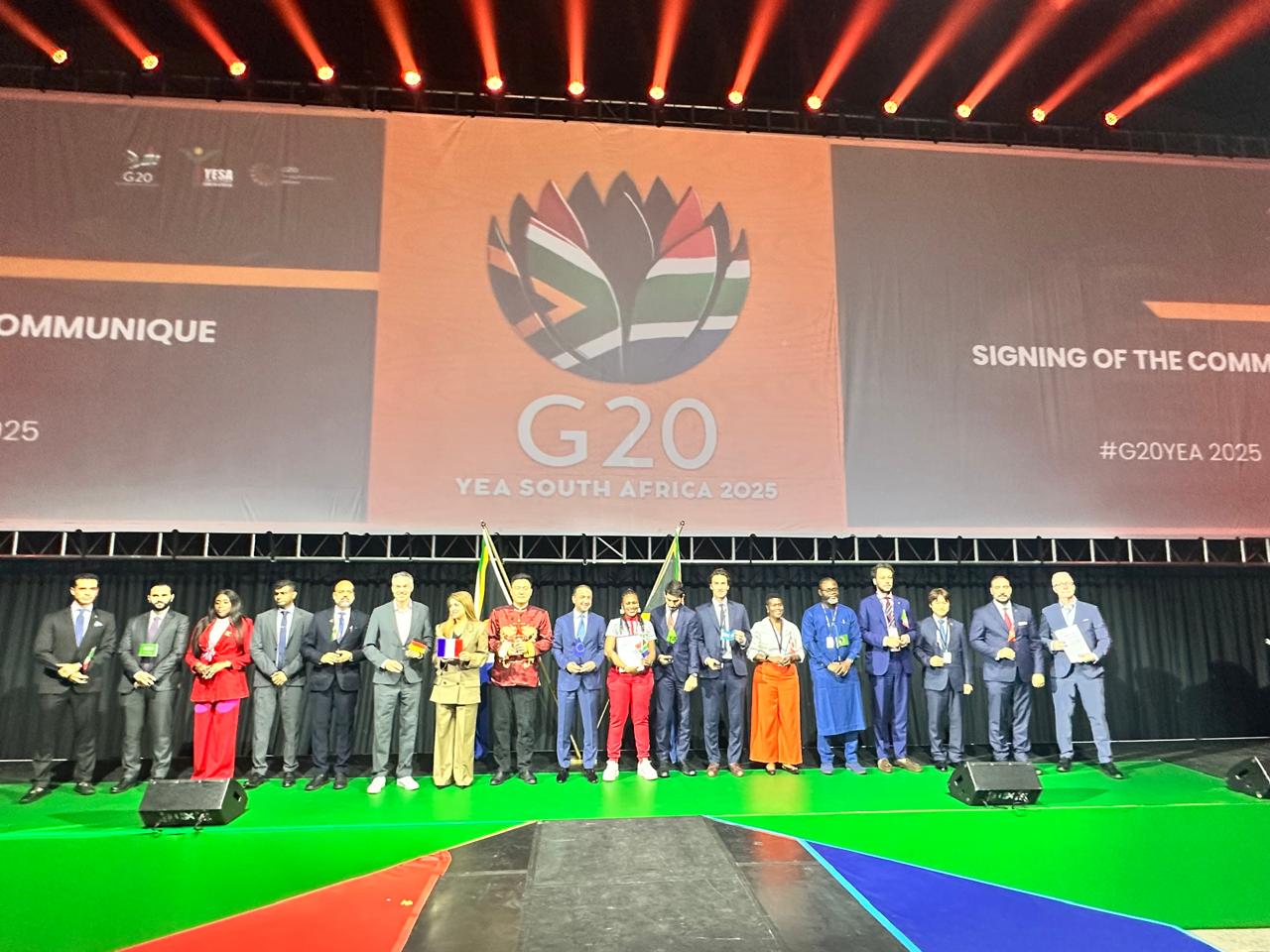Mandisa Maya, head of the appeals court, has won the Judicial Service Commission (JSC) nod for the chief justice role.
On Saturday night, the JSC named Maya as its preferred candidate for the position of chief justice, the most senior judge in the country.
During a briefing on Saturday night, JSC spokesperson Doris Tshepe said the commission would submit a report to President Cyril Ramaphosa on its recommendation, which will include details of its discussions behind closed doors, and what the commission found distinguished Maya for the post.
“The constitution is very clear that the JSC is making a recommendation,” said fellow JSC spokesperson Dali Mpofu, who is a senior advocate and a commissioner. The JSC’s recommendation does not compel the president to make Maya the head of the judiciary. That said, the body’s choice after a very public interview contest including interviews addled with controversy and potential malpractice, places pressure on Ramaphosa to choose her.
Also read: New level 1 lockdown rules for South Africa
Mpofu said the JSC’s recommendation that Ramaphosa appoint Maya was the result of extensive deliberation. “What made our task difficult was exactly that the candidates were all of a high quality and the uniqueness of the process, which was also unprecedented,” he said.
Section 174(3) of the constitution prescribes the process for appointing the country’s judicial chief. It stipulates the president “after consulting the JSC and the leaders of parties represented in the National Assembly” appoints the chief justice.
Once the president has consulted with leaders of political parties in parliament, and if he agrees with the JSC’s recommendation, then Maya will become the first female chief justice in SA in almost 30 years of constitutional democracy.
The JSC’s deliberations over who to recommend for the top judge job took all of Saturday, with the private sitting running for almost ten hours, with breaks. SA has been without a chief justice since October when Mogoeng Mogoeng retired, after taking long leave in May.
The week’s interviews with Ramaphosa’s four preferred candidates reflected ongoing weaknesses in the JSC’s processes. Questions posed, including one from Northern Cape judge president Pule Tlaletsi, showed the body had not determined in a pre-interview meeting on Monday whether it planned to send Ramaphosa the pros and cons of each candidate or forward one or two names.
Section 175(1), which Lamola raised, allows the president to appoint acting judges to the apex court bench, if there is a vacancy or a permanent justice is absent.
Ramaphosa had not as at Saturday night indicated when he would announce his final decision, and no timeline is stipulated in the constitution
Business Day





